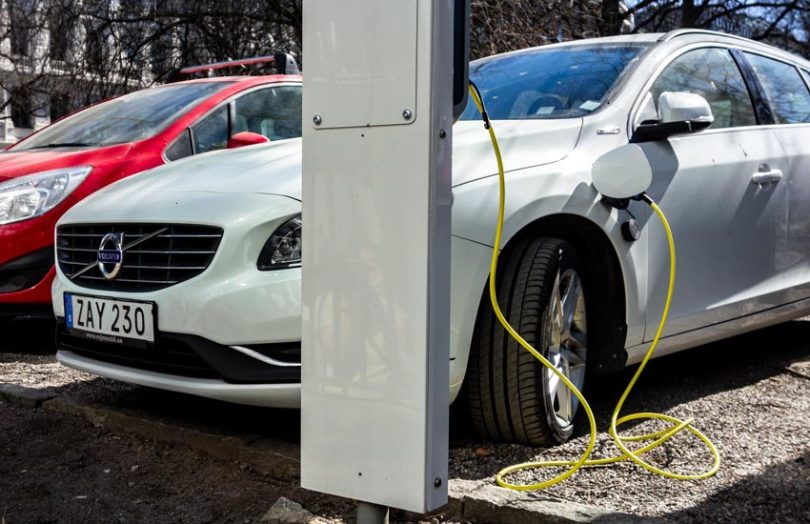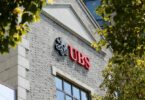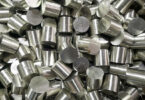Today Volvo Cars officially joined the Responsible Sourcing Blockchain Network (RSBN) consortium to ethically source minerals used in electric cars, after first reports of the news three months ago. The Swedish automaker now joins IBM, Ford, Volkswagen, RCS Global, LG Chem and Huayou Cobalt in the initiative.
The RSBN also announced that it completed a pilot for Cobalt provenance launched at Huayou’s mine site in the Democratic Republic of Congo. The test demonstrated the use of blockchain for tracking the mineral from mine to the manufacturer, enabling a sustainable supply chain in the industry.
Built on the IBM Blockchain Platform, the RSBN platform is scheduled to go live by mid-2020. Volvo Cars said it would fully implement RSBN in its LG Chem supply chain. But Volvo also plans to use the solution for other minerals used in car batteries, such as nickel and lithium.
“With blockchain technology we can take the next step in ensuring full traceability of our supply chain and minimising any related risks, in close collaboration with our suppliers,” said Martina Buchhauser, Head of Procurement, Volvo Cars.
The announcement follows the recent launch of the company’s first fully electric car, the XC40 Recharge. This is not the only blockchain project for Volvo. LG Chem and CATL are its two main battery suppliers. Back in August, the automaker partnered with blockchain firm Circulor and Oracle to track and trace cobalt in its CATL supply chain. Circulor is also involved in monitoring tantalum in Rwanda with the government and PRG Resources.
Supply chain auditing firm RCS Global plays an essential role in RSBN by assessing participants under requirements set by the Organisation for Economic Cooperation and Development (OECD) and the Responsible Minerals Initiative (RMI) Blockchain Guidelines. Last month, RCS launched a digital traceability system (not blockchain) for tantalum mining in Congo.
“The early addition of Volkswagen Group and now Volvo Cars to this collaboration confirms that blockchain technology coupled with responsible sourcing assurance can help address critical sustainability issues impacting the entire industry,” said Nicholas Garrett, CEO of RCS Global Group.
Along with tracing cobalt, and soon lithium and nickel, RSBN is also working on using the blockchain solution for other common metals such as tin, tantalum, tungsten and gold.
Recently, another consortium was launched by the World Economic Forum (WEF) to develop blockchain solutions for sustainability in the metals and mining industry. The founding members of The Mining and Metals Blockchain Initiative include Glencore, Tata Steel, and De Beers among others.
Meanwhile, Volkswagen is also involved in a blockchain for mineral certification project (CERA) announced by German engineering firm DMT.






